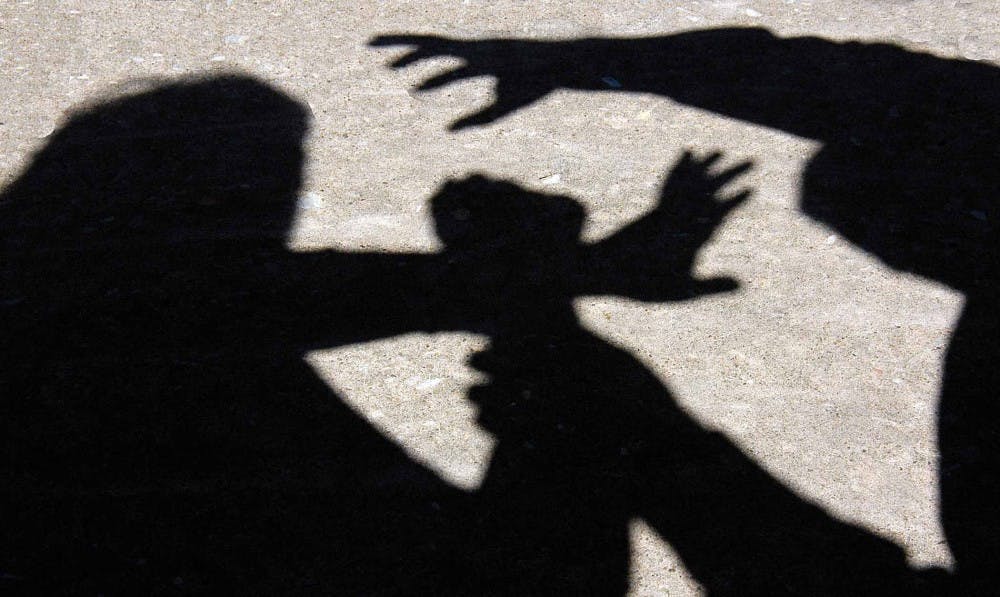On Friday, Education Secretary Betsy DeVos unveiled her new plan offering guidelines to schools on how to adjudicate cases of sexual misconduct — in an attempt to increase justice, fairness, and equity in the system.
It achieves the antithesis of those values.
The new regulations are meant to limit campus investigations. Women’s rights groups argue that this encourages only greater complacency from colleges and universities. In fact, money is one cited motivating factor; the current administration projects that schools will save $286 million to $368 million over the next 10 years as a result of the new regulations, which will reduce the number of sexual misconduct cases to be investigated.
If the administration is so invested in and concerned about schools’ budgets, why not allocate more money toward libraries, arts, and teacher salaries, which have been cut in recent years? If the administration is so concerned about our national budget and resources, then why not cut from defense spending and security details — like the one used for Betsy DeVos, which will purportedly cost taxpayers nearly $20 million through fall 2019 — rather than make cuts in public service at the Department of State or Environmental Protection Agency?
Sure, I can agree with the stipulation of a presumption of innocence for the accused; after all, “innocent till proven guilty” lies at the crux of our democratic justice system, regardless of how just it really is in reality. However, the bar to prove guilt should not be raised higher, particularly in such difficult cases as sexual assault.
DeVos’s plan will effectively narrow the definition of sexual harassment to unwanted sexual conduct that is “so severe, pervasive and objectively offensive that it denies a recipient’s education program or activity.” Naturally, this new definition makes it significantly harder to prove a case of sexual misconduct; the victim would essentially have to show they are unable to continue at school.
Further, it advances a victimhood narrative. Only if the victim shows they are indeed a victim — that they can no longer function publicly as a student or member of society as a result — is their trauma real.
Particularly at Princeton, students accused of sexual assault already have enough protections in place, both legal and institutional. But there are not nearly enough protections for the accuser — the survivor — and the traumas they have endured, endure, and will continue to endure. These proposed protections, if implemented, will only exacerbate those traumas, by protecting the accused and by mandating the school to allow them to cross-examine their accuser. This will only further shame, silence, and scar those who come forward.

Two months ago, University President Christopher Eisgruber ’83 sent a memo to faculty clarifying that the minimum penalty for faculty found responsible of sexual misconduct was a one-year unpaid suspension. The memo was an endeavor to make progress at Princeton on this “very important issue”; he acknowledged the “serious damage” it can have. We’ve seen recent cases of sexual misconduct in the electrical engineering and German departments. And, he admitted that we “can be even better and that we have a responsibility to be better.”
So let’s be better, Princeton, about sexual assault. One in five undergraduate and one in 11 graduate students experienced sexual misconduct during the 2016–17 school year. Let’s bring back an improved WeSpeak survey. Let’s increase the resources we allocate toward Sexual Harassment/Assault Advising, Resources and Education and Counseling and Psychological Services, both of which could use more space, more staff, more funding. Let’s not succumb to national, institutional, political pressures — let’s reform our justice system in regard to sexual assault, but not like this.
Let’s protect our students. Just not like this.
Sarah Sakha is an editor-in-chief emerita of The Daily Princetonian from Scottsdale, Ariz. She can be reached at ssakha@alumni.princeton.edu.









